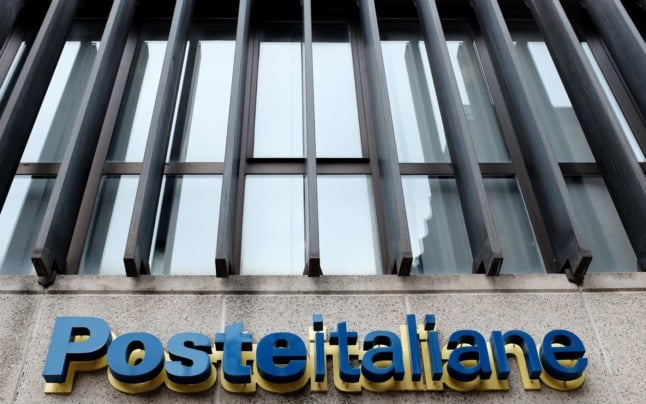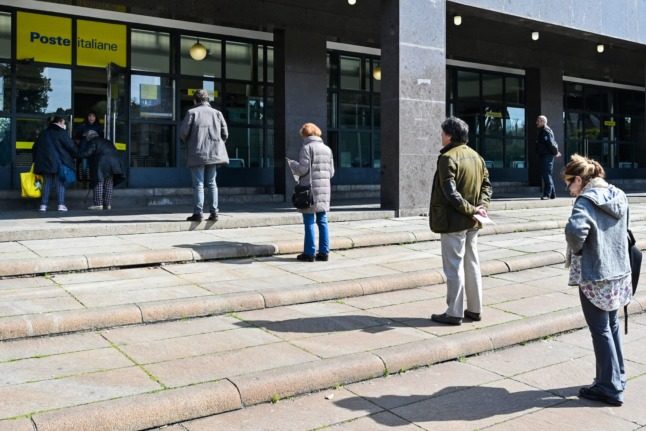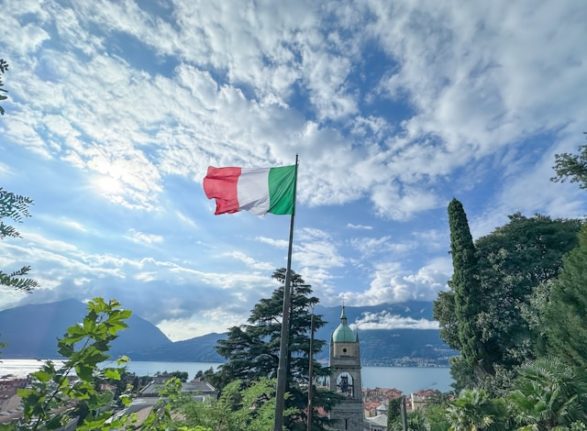When should I renew my Italian residence permit?
You should apply to renew your permesso di soggiorno/residency permit “at least 60 days” in advance of its expiry date, according to Italy’s Interior Ministry and the government’s migrant integration portal.
The websites for Italy’s carabinieri police force and immigration portal, by contrast, say that when you apply for renewal should depend on your permit’s duration:
- 90 days in advance of the expiry date for residence permits of up to two years
- 60 days for residence permits of up to one year
- 30 days for residence permits of up to six months
It’s worth bearing in mind that these are all strong recommendations rather than legal requirements.
The migrant integration portal notes that there are no sanctions for failing to adhere to its recommended timeframe, because of this next point:
What if I accidentally overstay my residency without renewing my permit?
After your permit expires, you have a 60-day grace period in which you can apply for renewal before you get into hot water. After those 60 days, you will be in Italy illegally and can be expelled from the territory.
Bear in mind that it can easily take several months to receive your new permesso after you have applied, so it’s not something you want to leave to the last minute.
READ ALSO: EXPLAINED: What type of visa will you need to move to Italy?
There’s a chance that you might not be expelled from the country if you apply for the renewal of your expired permit after the 60 day grace period, if you can demonstrate to the relevant official’s satisfaction that you had a valid justification for letting it slide. But we don’t recommend testing this.

Where should I go and what should I do?
In most cases, you need to start by going to the Sportello Amico window at your local post office, and requesting a ‘yellow stripe’ form kit, or kit a banda gialla (so called because the form has a yellow stripe running down its left-hand side), which you should be given for free.
For some types of permit however you will need to go directly to the immigration office of your provincial police headquarters (Questura) to obtain the form. Those cases are listed here.
Unfortunately, every Questura can set its own, sometimes differing rules and procedures for the renewal of documents, and if you’re in doubt about what to do it’s best to check with your local office before you start.
To give you an idea of what to expect we’ve listed the typical requirements below.
The documents you’ll need are:
- A completed copy of the ‘yellow stripe’ application form
- A photocopy of your current permesso di soggiorno
- A photocopy of your passport
- A photocopy of an official document containing your codice fiscale, or tax code
- A €16 marca da bollo tax stamp, which you can buy from any tobacconist’s
You will also need to bring the originals of your passport and your current permesso di soggiorno to show the post office worker, as well certain additional supporting documents that vary depending on the type of permit you are applying for, which are detailed here.
You will need to pay:
- €30 in postal charges
- €30.46 flat rate for the issuance of the new card
- €70.46 if you are applying for a permit that lasts for between 3 months and a year.
- €80.46 if you are applying for a permit that lasts between one and two years.
- €130.46 if you are applying for a permanent EC long-term residence permit (formerly a carta di soggiorno).
READ ALSO: Italian residency: Who needs it and how do you get it?

What happens next?
At the post office, you will be given a slip showing a date and time for a fingerprinting appointment at the questura. This could be anywhere from a few weeks to a few months from the date of your initial application, depending on the size of your town or city.
You will also be given a postal receipt, or cedolino/ricevuta, with a tracking number to check the status of your application, as well as receipts for the payment of the respective fees.
These are all very important documents to hold on to. The cedolino acts as your temporary permit and makes your presence in Italy legal even if your new permesso doesn’t come through until after your old one expires.
When you go to your appointment at the questura, you will need to bring four passport photographs; photocopies and the originals of all the supporting documents you submitted in your application as well as a copy of the application itself; and all the receipts you received at the post office.
After the appointment, you’ll be able to check on the status of your application by visiting the questura website and typing in your tracking number.
When the permit is ready, you’ll receive a text telling you to go to the questura to pick it up.
Italy’s latest law on the matter says that the authorities have 60 days to issue a new permit after the appointment, so if you haven’t received anything by this point, it’s worth checking in.
READ ALSO: How to become Italian: A guide to getting citizenship
What if I need to travel abroad while my permit is in the process of being renewed?
You can travel anywhere within Italy and directly to your home country and back with the cedolino given to you at the post office, which remember acts as your temporary permesso while your old one is in the process of being renewed.
If you want to travel anywhere else (including within the Schengen area), or even if your flight involves transiting through another country, you will need to go to the questura and file an application for a permesso di soggiorno provvisorio.

I have a long-term EC permit/carta di soggiorno – when do I need to renew this?
Good news for you – while most permessi di soggiorno are issued for a maximum of two years and then need to be actively renewed in order to remain valid, the EC (European Commission) Long Term Residence Permit – known in Italian as the permesso di soggiorno per soggiornanti di lungo periodo or the permesso di soggiorno illimitata (formerly the carta di soggiorno) – confers a permanent right of residency on the holder and does not expire.
However, if you want to use this card as an identity document, which is something you’re technically required to be able to show at any time when requested by authorities in Italy, you will need to renew it every five years.
The document itself should be updated every ten years, but failure to do so does not invalidate the holder’s permanent rights of residency.
Individuals who have lived in Italy for a continuous five-year period are among the groups that qualify for an EC Long Term Residence Permit.
Note that the card issued to British citizens who had residency in Italy before December 31, 2020, confusingly named a carta di soggiorno elettronica, is not a permanent stay permit. It’s a different type of document intended to prove your rights, and it’s not mandatory to have it. It can be renewed after five years.
Please note that The Local is unable to advise on specific cases. For more information about visa applications, see the Italian Foreign Ministry’s visa website, or contact your local questura in Italy.



 Please whitelist us to continue reading.
Please whitelist us to continue reading.
I have applied for PdS, have been fingerprinted, so now the wait is on…… However, in discussion with another applicant they mentioned needing some kind of “residence permit”. IS the PdS not a residence permit, what next?
The Brexit carta di soggiorno can be issued for 10 yrs – permanent resident status – after 5yrs